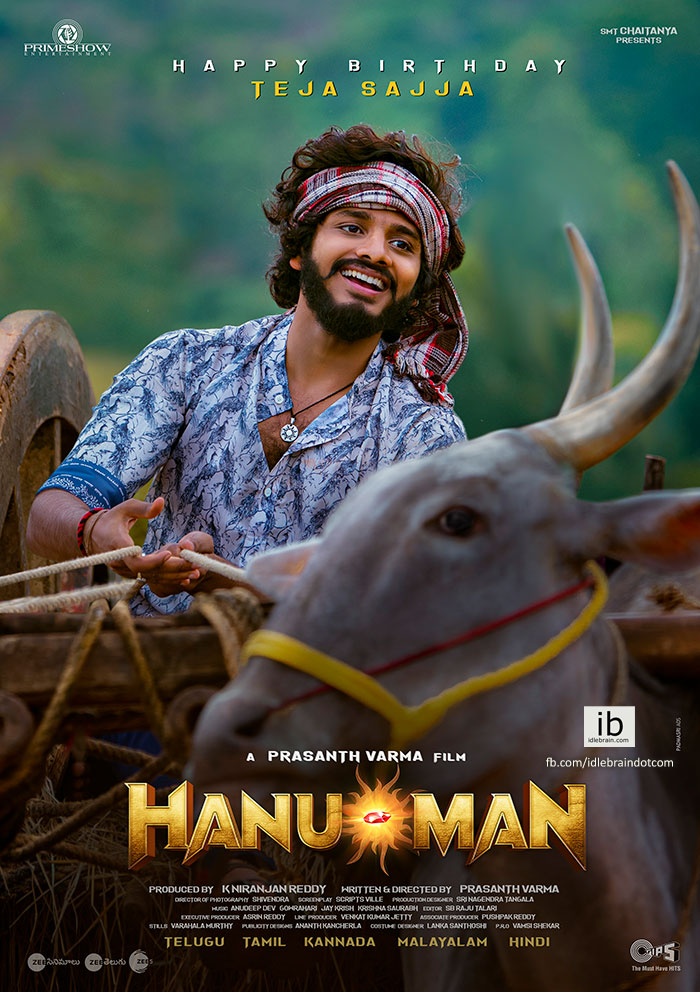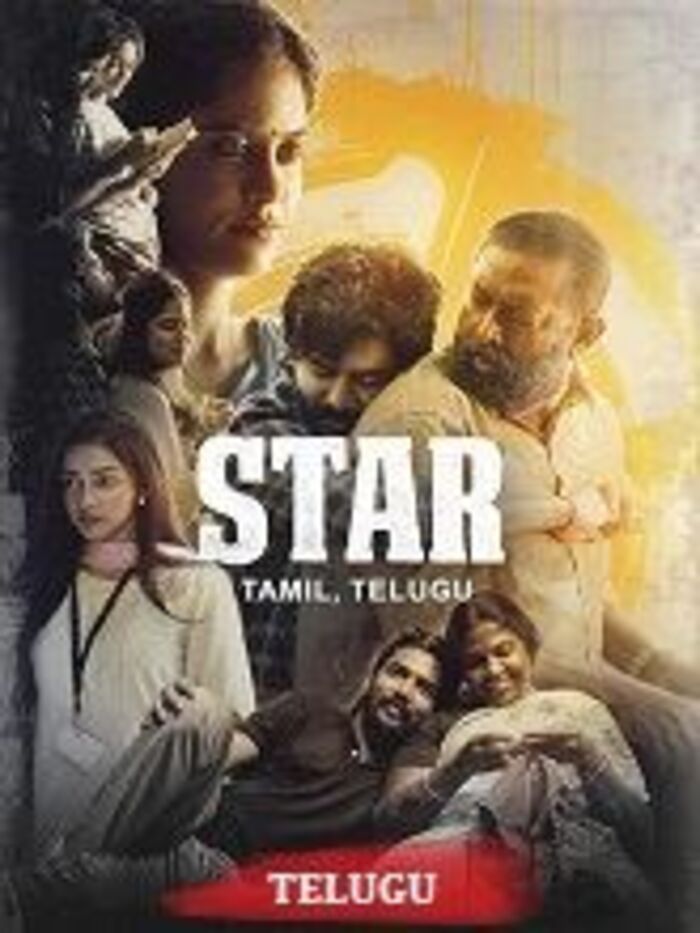Can the entertainment industry withstand the pressures of legal disputes without compromising creative freedom? The Madras High Court's recent decision to allow the release of Domnic and Ladies Purse underscores a pivotal moment in this debate. In a bold move, the court has set a precedent that could influence future cases involving artistic expression versus financial obligations.
The ruling came after two separate applications were filed by K. Punniyamoorthy and All in Pictures, both seeking an injunction against the film's release. Produced by Mammooty Kampany Private Limited and directed by Gautam Vasudev Menon, Domnic and Ladies Purse was slated for a January 23, 2025, theatrical debut. Despite claims of outstanding financial dues, the court dismissed the petitions, emphasizing the importance of honoring contractual agreements while protecting the rights of creators.
| Name | Gautam Vasudev Menon |
|---|---|
| Date of Birth | March 15, 1974 |
| Place of Birth | Chennai, Tamil Nadu |
| Career | Filmmaker, Screenwriter |
| Notable Works | Kabhi Alvida Naa Kehna, Udaan, Bombay Velvet |
| Awards | National Film Award, Filmfare Awards |
| Reference | Wikipedia |
Legal proceedings surrounding the movie highlight broader issues within the film industry. While financial disputes are common, they often overshadow the creative process and impact artists' ability to showcase their work. Advocates argue that such delays not only harm producers but also deprive audiences of timely access to films. This case exemplifies the delicate balance between enforcing contracts and ensuring artistic projects reach fruition.
In addition to Domnic and Ladies Purse, other notable releases in 2025 include Sankrathiki Vasthunam, which continues to generate buzz among Telugu cinema enthusiasts. As part of the growing trend of regional films gaining national attention, these movies reflect evolving audience preferences and technological advancements enabling wider distribution channels. Platforms like Movierulz have played a significant role in popularizing Telugu content globally, albeit controversially due to piracy concerns.
Despite its association with unauthorized streaming services, Movierulz remains a point of discussion for cinephiles exploring new ways to consume media. Its prominence raises questions about legitimate access to films and the need for robust copyright protection mechanisms. Meanwhile, productions such as Lucky Baskhar demonstrate how independent filmmakers leverage digital tools to create engaging narratives that resonate across diverse demographics.
Telugu cinema's growth over the past decade has been remarkable, marked by increased investment, improved production values, and cross-cultural collaborations. FilmyZilla and Telegram groups further amplify visibility, connecting fans directly with creators. However, challenges persist regarding fair compensation practices and safeguarding intellectual property rights amidst rapid globalization.
As studios navigate complex legal landscapes, maintaining transparency becomes crucial. For instance, addressing grievances related to unpaid dues promptly can prevent similar situations from escalating into court battles. Furthermore, fostering open communication between stakeholders promotes healthier working relationships conducive to long-term success.
The Madras High Court's judgment serves as a reminder of the judiciary's role in upholding justice while respecting creative endeavors. It encourages all parties involved in filmmaking to prioritize mutual respect and adhere to agreed terms. By doing so, the industry can thrive sustainably, delivering compelling stories that captivate global audiences.
Beyond individual cases, systemic changes must address underlying issues affecting the sector. Strengthening legal frameworks, enhancing awareness about ethical business practices, and investing in talent development programs contribute significantly toward building a resilient ecosystem. With increasing demand for quality content, now is the opportune time to implement reforms that benefit everyone associated with the craft.
In conclusion, the resolution of disputes like those concerning Domnic and Ladies Purse provides valuable insights into navigating modern-day challenges faced by the entertainment world. Balancing legal responsibilities with creative aspirations requires collective effort and commitment from all quarters. Only then can we ensure a vibrant future for cinema where innovation flourishes alongside integrity.



